Muslim Women's Vital Voices
On March 10th, alongside philanthropist Melinda French Gates and human rights activists Panmelo Castro from Brazil and Rebecca Lolosoli from Kenya, three Muslim women were honored byVital Voices Global Partnership, a Washington, D.C.-based organization that works to empower women around the world.The need to recognize the work of Muslim women is important. Type the search terms "Muslim women" or "women in Islam" online and chances are that a majority of English-language hits will consist of stories relating to what Muslim women wear on their heads or how women in Muslim-majority countries are subjected to physical abuse or subjugated under the false pretext of religious principle.
But there is another side to "Muslim women" that is too infrequently recognized, reported, or discussed. The Vital Voices Global Partnership awards ceremony, which took place two days after International Women's Day, provided an opportunity to celebrate this not uncommon, yet too frequently overshadowed side to Muslim women.
Andeisha Farid grew up in a refugee camp outside Afghanistan. As a teenager, she lived in a Pakistani hostel for six years where she studied and tutored others. In 2008, at the age of 25, she started her own non-profit organization, the Afghan Child Education and Care Organization (AFCECO), in Kabul. Today, AFCECO runs ten orphanages in Afghanistan and Pakistan with over 450 children of diverse ethnic backgrounds.In a country where non-governmental organizations (NGOs) that work with women and girls are frequently targeted by religious extremists, Andeisha is constantly on guard. But she remains committed to providing Afghan children not only with food and shelter, but with a sense of mutual respect, regardless of ethnic differences, a feeling of "khak" -- connection to the earth as their homeland -- and a sense of empowerment to shape their own future and that of their country."The happy faces of these children give me hope," she says. "It helps me conquer fear."Afnan Al Zayani is a wife, mother, social activist, television personality, and CEO of a multi-million dollar business in Bahrain. It's no wonder that Forbes and Arabian Business magazine call her one of the most powerful women in the Middle East. In addition, she helped ensure the passing of the first written personal status law that protects the rights of Sunni Muslim women in cases of divorce and child custody in Bahrain.She attributes her ability to juggle so many responsibilities to her strong faith. "God will judge us on whether we use our gifts of life and health towards good or evil," she says. Immaculately dressed in her hijab, or headscarf, she shatters the Western stereotype of the downtrodden Muslim woman. Her guiding philosophy: "Live your life as if you will live forever; live your day as if you will die tomorrow."Then there is Roshaneh Zafar. While studying development economics at Yale University in the United States, she came across the story of Khairoon, a woman in Bangladesh who owned only one sari. Khairoon borrowed $100 from the microfinance organization Grameen Bank to invest in a business, and now owns a sweetshop, a poultry farm, a call center -- and a collection of colorful saris.Roshaneh met Khairoon many years after her initial loan and saw firsthand the miracle of microfinance in changing women's lives. She decided to start a microfinance organization in Pakistan, calling it Kashf, or "miracle." It is now the third largest microfinance organization in Pakistan, with 300,000 clients and a goal to reach more than half a million in the next four years.Roshaneh's message encapsulated the sentiment of many: "Women matter to the world. We need not accept the status quo. Freeing the world of poverty and disenfranchisement of women is possible. But it will only happen when 50 percent of the world's population is allowed to recognize its latent strength."It is these stories that must be reported, not only to herald the achievements of remarkable women, but to dispel falsely created perceptions of the role of Islam in defining the fate of Muslim women.Photo: Vital Voices

